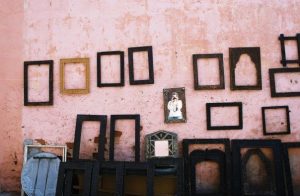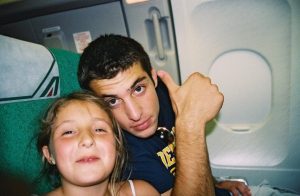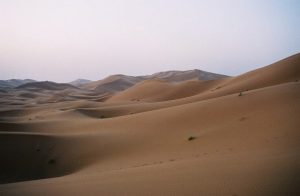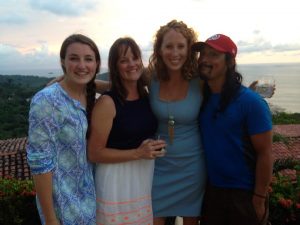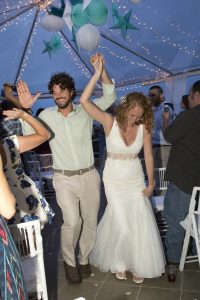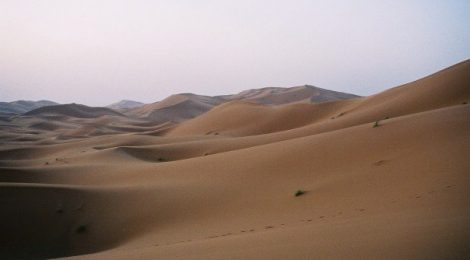
Tourism in my Time
A Reflection on my Experience as a Tourist
Throughout my lifetime, I have been a tourist in a variety of foreign countries. In this post, I will focus on two particularly impactful experiences.
When I was nine years old, I traveled to Morocco with my extended family. Sixteen of us voyaged across the Atlantic, excited to enjoy an entirely new culture. Together we traveled in a large private bus, stopping at various destinations across the country. Though I was young, I remember leaving almost every location feeling culture shock and more than a bit of guilt. At the markets of Marrakesh, I observed the colorful wares–the hand-woven carpets, the bejeweled mirrors, the bright silks–in absolute awe. My relatives snapped photos and stuffed their backpacks with purchased goods, all the while keeping one hand on their valuables. There were homeless men, women, and children lining the streets. Later that day, our guide escorted us to the “nice bathrooms,” which consisted of four semi-clean holes in the ground. Most of my family declined, waiting to use the bathrooms at our hotel. Upon reflection, I realize that we indulged in the rich culture of Morocco rather exploitatively. We enjoyed the benefit of a strong dollar in an impoverished country, engaging in a type of “poorism.” And to make things even worse, throughout our quest for an “authentic Moroccan experience,” we made minimal efforts to let go of our western bias. When we visited the sacred Blue Mosque, for example, the women with us were denied entrance into the inner sanctum. My grandma, in particular, ranted on about the “injustice of the experience” for the remainder of the trip. When I think back to Morocco, I recognize that I was not a good tourist.
Three years ago I traveled to Costa Rica for ten days with my family. Though we did some sight seeing and some eco-tourism, the main emphasis of the vacation was my cousin’s wedding. My cousin Beth has lived in Costa Rica for almost six years now, in a small town about three hours outside of the capital San Jose. Like Morocco, the country is absolutely beautiful and, as far as pricing goes, incredibly inexpensive. Being with my cousin, however, put my family in an interesting position; though we were technically tourists, we received the “local” treatment. We stayed in a town off the beaten path where English was rare, restaurants authentic, and street vendors nonexistent. This trip was the polar opposite of my Morrocan experience–far from visiting from the perspective of the “privileged westerner,” I came as a humble (and excited) guest. In hindsight, the culture I experienced in Costa Rica feels incredibly authentic; the majority of my trip was spent helping my cousin prepare for her wedding, and the money that we spent on tourist-ey activities was all redirected back at environmental conservation efforts. By spending time talking with Beth’s friends (most natural born Costa Ricans), I not only made some incredible new friends, but I also learned about local customs in an extremely organic manner.
When I consider all of the traveling I have done in my life, I would say that the memories I hold most dear are those from my time in Costa Rica (even though I did not swim with dolphins, drink a fancy drink out of a pineapple, or take surfing lessons). I still feel a connection with the nation and the people I met there–the authenticity of the experience, an authenticity born from seemingly mundane interactions, has stuck with me ever since. I’m not sure if I can perfectly replicate the way I traveled to Costa Rica (unfortunately, I do not have relatives all over the world), but I will definitely keep in mind what I learned from my vacation there. When it comes to traveling and cultural immersion, sometimes avoiding the flashy tourist attractions (which, as I have learned, often drain/destroy/negatively impact local resources) and focusing instead on meeting people and engaging in “everyday culture” can be the key to authenticity.
